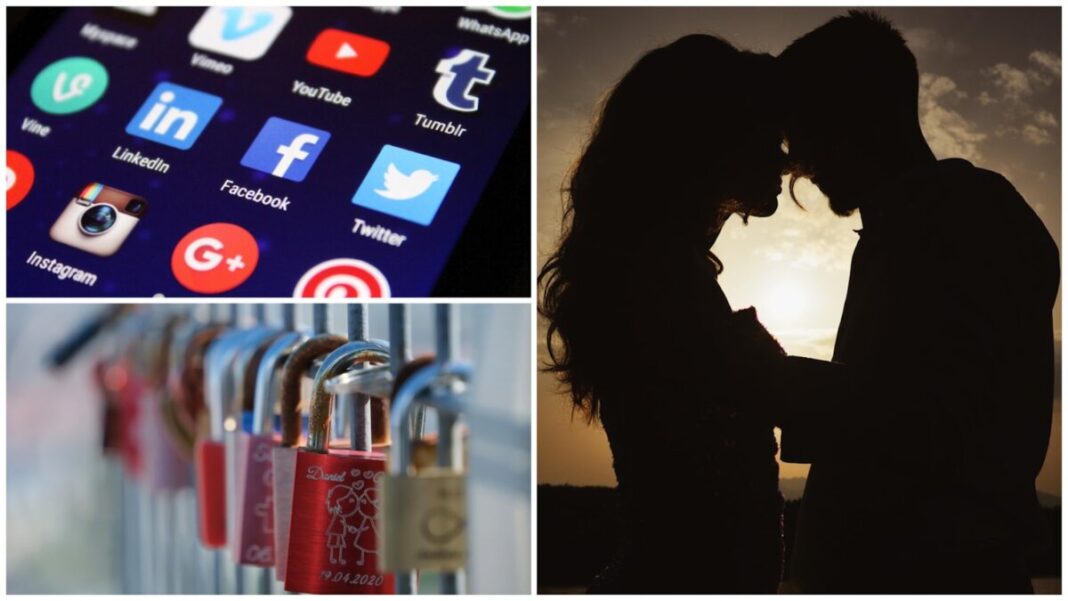The rise of “no label” love in a generation is rewriting the rules of connection.
In a world saturated with dating apps, situationships, and TikTok love theories, Gen Z is choosing something different, no labels. But what does it mean when a generation opts out of calling someone their “boyfriend” or “girlfriend”? Far from a fear of commitment many Gen Z individuals see this as a conscious choice, one rooted in fluidity, freedom, and emotional self-awareness.
The Freedom Generation
Unlike millennials who chased “Facebook official” status, Gen Z thrives in ambiguity. This generation was raised alongside social and digital evolution. They’ve witnessed the collapse of traditional systems, from careers to economies to gender norms, and now, they’re questioning the durability of romantic labels too. For many, “no-label” relationships allow for intimacy and exploration without the pressure of predefined roles or expectations.
Mental Health and Emotional Autonomy
Gen Z understands the importance of mental health, and this awareness naturally extends into how they steer relationships. Traditional labels often come with built-in expectations, when to meet the parents, how often to communicate, or what the next crossroads should be. For a generation that prioritizes emotional well-being, these invisible rules can feel overwhelming. The fear of not living up to a role or timeline can cause unnecessary stress, making relationships feel more like pressure points than safe spaces.
Choosing out of labels becomes a form of emotional self-preservation. It allows relationships to unfold at their own pace, without the mental clutter of social obligations or strict roles. In this setup, individuals feel free to express themselves and define their connection based on personal truth rather than public perception. It’s less about rejecting commitment and more about creating a space where love feels calm, grounded, and mentally safe.
The Role of Digital Culture
Social media has blurred the lines between private and public life. For Gen Z, labeling a relationship often means making it public, and that visibility can lead to pressure, performativity, and even scrutiny. By staying label-free, young couples can keep things intimate in a world that constantly asks for validation and status updates.
It’s Not Always Casual
Contrary to stereotypes, “no label” doesn’t always mean “no depth.” Many no-label relationships are deeply emotional and committed, just without the traditional packaging. This shift forces people to communicate more honestly, define their boundaries, and continuously check in with their partner. In some ways, it’s more intentional than defaulting to a title.
A New Kind of Commitment
Gen Z isn’t anti-relationship, they’re anti-assumption. They crave connection, but on their terms. The rise of the no-label relationship marks a shift away from romance as ownership or duty, toward romance as choice and collaboration. It’s love that listens, evolves, and redefines itself moment by moment.
Gen Z isn’t lost in love, they’re just navigating it differently. By refusing to conform to old relationship scripts, they’re writing new ones, messy, mindful, and maybe even more meaningful.

